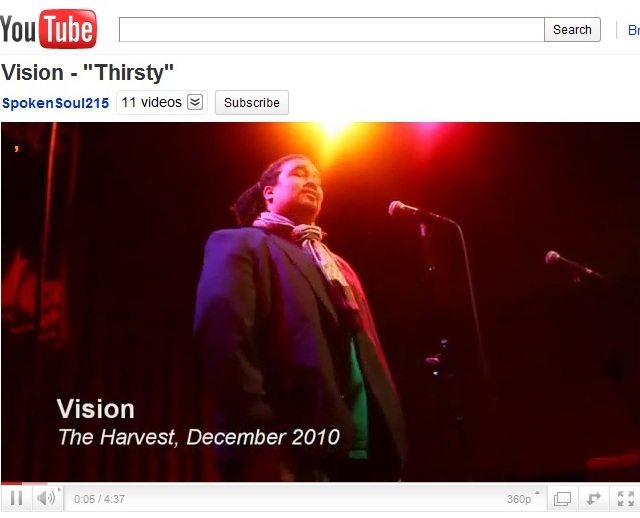 The International Center for Research on Women does important work to understanding the reasons behind men’s violence against women.
The International Center for Research on Women does important work to understanding the reasons behind men’s violence against women.
Most recently, on Wednesday, they released the report International Men and Gender Equality Survey. The report covers their three-year study of nearly 12,000 men and women ages 18 to 59 in Brazil, Chile, Croatia, India, Mexico and Rwanda. These 12,000 individuals participated in interviews about their health practices, parenting, relationship dynamics, sexual behavior and use of violence.
Here is one quick snippet of their findings:
“IMAGES results across all countries showed that men who generally view themselves as superior to women are more likely to report physical and sexual violence against an intimate partner. The same was true for men who abused alcohol, witnessed violence in their childhood home and, except for Mexicans surveyed, those who felt stressed about work or income. Rwandan men were not asked about work stress.”
No surprises there, huh? Changing social attitudes and norms regarding gender equality is very important! So is addressing and breaking the cycle of violence between generations.
Here are overall findings in the conclusion of the report that I know may surprise some people — that gender equity doesn’t hurt men! It makes them happier:
“Overall, IMAGES results affirm that gender equality should be promoted as a gain for women and men. Change seems to be happening as younger men and men with higher levels of education show more gender-equitable attitudes and practices. Men who report more gender-equitable attitudes are more likely to be happy, to talk to their partners and to have better sex lives. Women who report that their partners participate in daily care work report higher levels of relationship and sexual satisfaction. Findings suggest that most men in most of the survey sites accept gender equality in the abstract even if they are not yet living it in their daily practices.”
It’s very promising that change in gender attitudes is visible among younger men. Other studies show that younger generations have fewer issues with race and sexual orientation than our parents and grandparents, too. So it’s not unrealistic to think that in a few more decades, our societies may be more equitable all around.
I plan on reading the full report because I think it can provide good guidance around the work we need to do to prevent street harassment. If you want to read the full report too, you can download it for free from the ICRW website.



